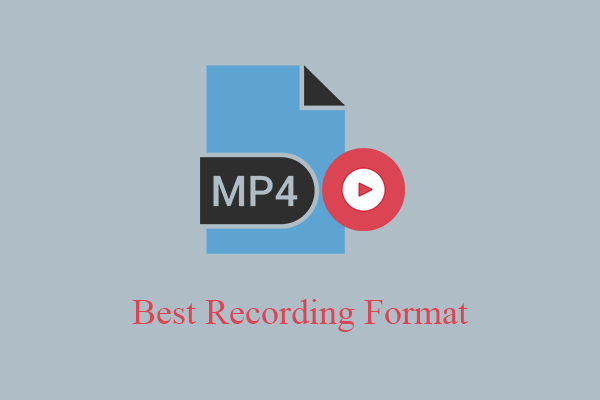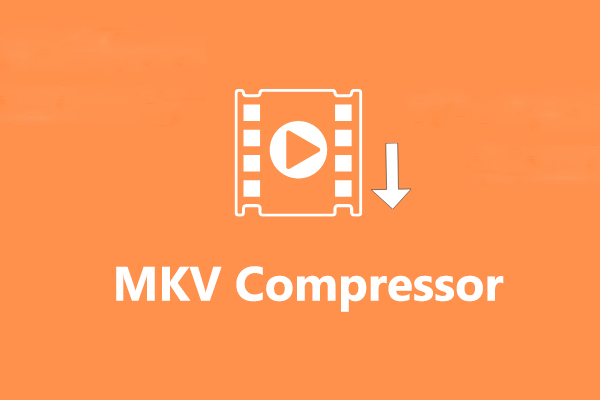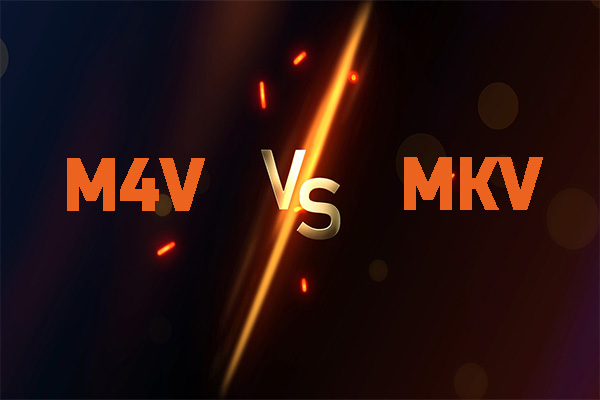This essay posted by the free video converter from MiniTool mainly introduces MKV video capture and MKV recording format. It elaborates on the pros and cons of MKV compared with other video formats such as MP4.
Introduction to MKV
Matroska Video (MKV) is a multimedia container format known for its flexibility and robustness. It can hold a variety of video, audio, picture, or subtitle tracks in one file, making it a preferred choice for video enthusiasts and professionals alike.
What is the MKV Recording Format?
The MKV recording format is essentially a container format that encapsulates video, audio, and subtitle streams. Unlike other formats, MKV is designed to be future-proof, meaning it can support any number of video, audio, and subtitle tracks, in virtually any format. This makes it an ideal choice for recording and storing complex multimedia projects.
Key Features of MKV
- Flexibility: Supports multiple video, audio, and subtitle tracks in one file.
- Compatibility: Can contain virtually any codec, making it highly versatile.
- Open Standard: Being an open format, it is supported by a wide range of software and devices.
- Error Resilience: Designed to recover from file corruption, enhancing the integrity of the data.
Should I Record in MKV or MP4?
When deciding whether to record in MKV or MP4, it’s important to consider the specific needs of your project.
MKV
The following are the advantages and disadvantages of MKV video capture.
Pros
- Supports multiple audio and subtitle tracks.
- Highly customizable and flexible.
- Better at handling errors and file corruption.
Cons
- Larger file sizes.
- Less compatibility with older or less advanced devices.
MP4
Below are the benefits and shortcomings of MP4 video recording.
Pros
- Widely supported across all devices and platforms.
- Smaller file sizes, making it ideal for web streaming.
- Generally better for simpler, single-track projects.
Cons
- Limited support for multiple tracks.
- Less error resilient compared to MKV.
Use Case Recommendations
Use MKV if your project requires multiple audio tracks, subtitles, or advanced features that MKV supports natively. It is also a great choice for archiving high-quality content where maximum flexibility and robustness are desired.
Use MP4 for projects that need to be compatible with a wide range of devices and platforms, particularly for web streaming and sharing. Its smaller file size is beneficial for online uploads and streaming. You can make use of MiniTool Video Converter to capture a video in MP4 format without complex recording settings.
MiniTool Video ConverterClick to Download100%Clean & Safe
MKV Video Capture: Practical Applications
MKV is widely used in video capture applications, especially in scenarios where high-quality, multi-track recording is required. For instance, screen recording software often allows output in MKV format because it can handle multiple audio sources (such as system audio and microphone) and video streams simultaneously.
Common Use Cases
These are the usual applications of MKV video encoding.
- Screen Recording: Ideal for tutorials and gameplay recording, capturing both the screen and audio seamlessly.
- Live Streaming: Supports capturing multiple audio and video streams, beneficial for professional live streams.
- Video Editing: Preferred for raw footage due to its flexibility and support for high-quality codecs.
MiniTool MovieMakerClick to Download100%Clean & Safe
MKV DVD Recorders
MKV format is also utilized in DVD recorders that capture and store video content. These recorders can create MKV files that include multiple audio and subtitle tracks, ensuring that the recorded content is as rich and detailed as possible.
Advantages
- Enhanced Viewing Experience: Multiple audio tracks and subtitles can enhance the viewing experience.
- High Quality: Maintains high video and audio quality due to support for various codecs.
- Customization: Users can easily edit and customize recorded content due to the format’s flexibility.
Conclusion
The MKV recording format offers unmatched flexibility and robustness, making it a valuable tool for capturing and storing complex multimedia content. While MP4 remains a strong choice for its widespread compatibility and efficiency, MKV’s advanced features make it indispensable for professional and high-quality recordings. Whether you’re capturing a screen recording, live streaming, or archiving high-quality video content, MKV stands out as a versatile and reliable format.





User Comments :